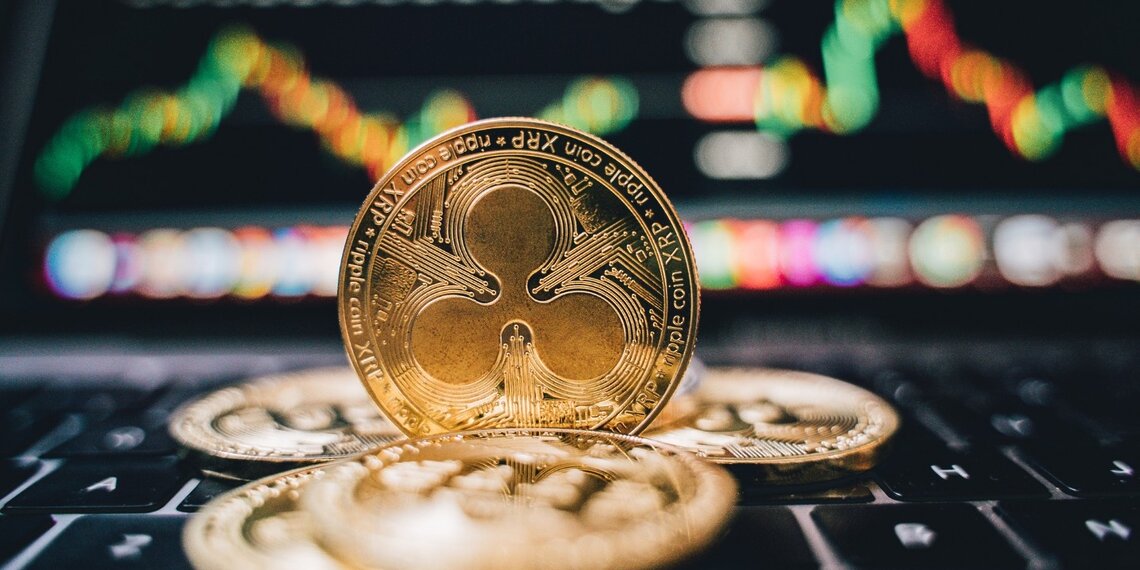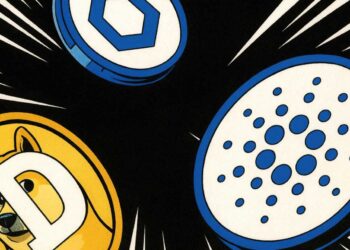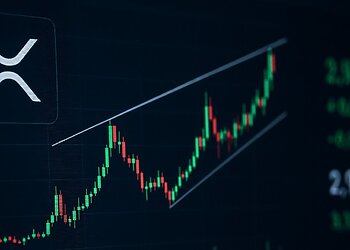Ripple is a digital payment protocol designed to facilitate fast, low-cost international transactions. Unlike traditional cryptocurrencies such as Bitcoin, Ripple does not rely on mining. Instead, it operates on a unique consensus mechanism that enables rapid transaction validation.
History and Founders
Ripple’s origins date back to 2004, when Ryan Fugger founded RipplePay, a peer-to-peer financial network aimed at enabling secure money transfers. In 2012, Fugger sold the company to Jed McCaleb, Arthur Britto, and David Schwartz, who transformed it into a digital currency network called OpenCoin. The company was later renamed Ripple Labs in 2013, and eventually shortened to Ripple.
Ripple’s native cryptocurrency, XRP, was introduced to facilitate transactions within the network. Unlike Bitcoin, which relies on mining, XRP was premined, meaning all 100 billion tokens were created at launch.
Benefits of Ripple
Ripple offers several advantages over traditional financial systems and other cryptocurrencies:
- Speed: Transactions settle in 3-5 seconds compared to Bitcoin’s 10 minutes.
- Low Fees: Ripple transactions cost a fraction of a cent, making it ideal for cross-border payments.
- Scalability: The network can handle 1,500 transactions per second, significantly more than Bitcoin.
- Bank Adoption: Many financial institutions use Ripple’s technology for international payments.
Drawbacks of Ripple
Despite its benefits, Ripple has some notable drawbacks:
- Centralization: Unlike Bitcoin, Ripple is not fully decentralized, as its ledger is controlled by a set of trusted validators.
- Regulatory Issues: Ripple has faced legal challenges, including a lawsuit from the U.S. Securities and Exchange Commission (SEC) over whether XRP is a security.
- Limited Use Case: While XRP is useful for financial institutions, it lacks widespread adoption for everyday transactions.
Mining Ripple: Is It Possible?
Unlike Bitcoin and Ethereum, Ripple cannot be mined. Since all 100 billion XRP tokens were premined, there is no mining process. Instead, transactions are validated through the Ripple Protocol Consensus Algorithm (RPCA), which relies on trusted validators rather than miners.
The best way to acquire XRP is through cryptocurrency exchanges, where users can buy and trade it. Some platforms also offer staking and liquidity pools, allowing users to earn rewards by participating in the network.
Ripple remains a significant player in the cryptocurrency space, offering a unique approach to digital payments. While it faces challenges, its speed, efficiency, and institutional adoption make it a compelling alternative to traditional banking systems.
It’s important to note that cryptocurrency remains an unregulated digital asset, not recognized as legal tender, and is subject to market risks. The information provided should not be considered financial or trading advice. CryptoNow holds no responsibility for any investment decisions made based on the content of this article.










